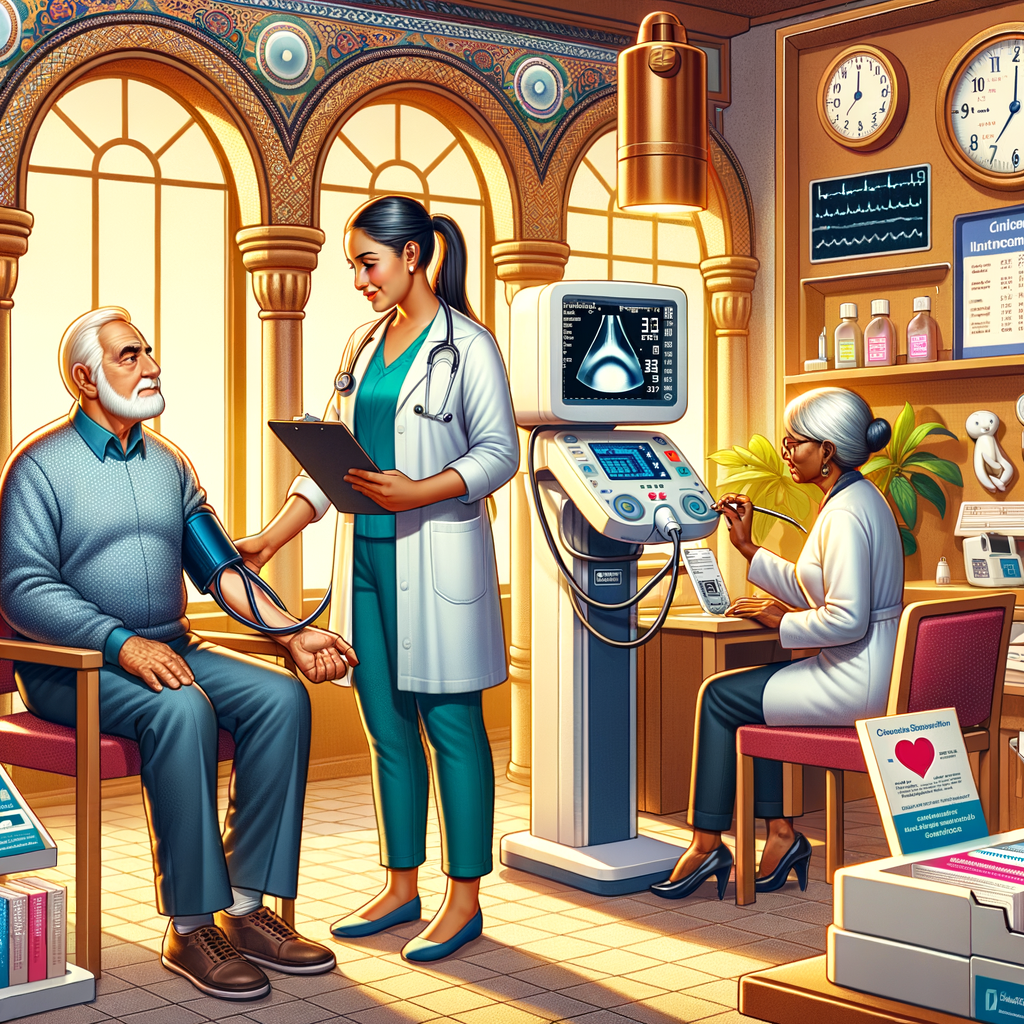A Comprehensive Guide to the Benefits of Regular Health Screenings and Check-ups for Seniors
As individuals age, maintaining optimal health becomes increasingly crucial. Regular health screenings and check-ups serve as essential educational tools and preventative measures, enabling seniors to monitor their health status and preemptively address potential health issues. This blog post delves deeply into the myriad benefits of such health measures, tailored specifically for seniors.
Understanding Health Screenings and Check-ups
Health screenings and check-ups refer to routine assessments conducted by healthcare professionals to detect potential health issues before they escalate into significant problems. Unlike illness-specific consultations, these preventive measures focus on identifying risk factors and maintaining overall health. Common types of screenings for seniors include:
- Blood pressure checks – Crucial for detecting hypertension.
- Cholesterol screenings – Important for preventing cardiovascular diseases.
- Diabetes screenings – Essential for early detection of blood sugar issues.
- Cancer screenings – Includes mammograms, colonoscopies, and prostate exams.
- Vision and hearing tests – Invaluable for preserving sensory health.
The Importance of Regular Screenings
Regular health screenings and check-ups play an indispensable role in enhancing the longevity and quality of life among seniors. Here are several key benefits:
1. Early Detection of Health Issues
One of the most significant advantages of routine screenings is early detection. Many chronic health conditions, such as diabetes, cancer, and heart disease, can be asymptomatic in their initial stages. Regular screenings allow for:
- Timely intervention and management
- Improved outcomes and survival rates
- Reduced treatment costs in the long run
2. Personalized Health Management Plans
Based on screening outcomes, healthcare providers can tailor health management plans specific to individual needs. This personalized approach includes:
- Medication optimization
- Targeted lifestyle changes
- Referral to specialists when necessary
3. Empowerment through Knowledge
Regular check-ups equip seniors with vital health knowledge, fostering a sense of empowerment regarding their health. Increased awareness can lead to:
- Better self-management of health conditions
- Proactive behaviors, such as a balanced diet and regular exercise
- A deeper understanding of their body’s changes and needs
4. Building Stronger Patient-Provider Relationships
Frequent interactions with healthcare providers foster trust and open communication. This relationship facilitates:
- More comprehensive and accurate health assessments
- Improved adherence to treatment plans
- Enhanced emotional support during challenging health journeys
Making Health Screenings a Priority
For seniors, prioritizing health screenings is paramount. Consider the following tips to ensure that these vital check-ups become a regular part of one’s health routine:
1. Schedule Regular Appointments
Establish a routine by setting up annual or biannual appointments. Regularity helps in tracking health trends effectively.
2. Keep a Health Journal
Maintaining records of screenings and any associated outcomes can help both patients and providers in assessing health changes over time.
3. Engage Family Members
Encourage family involvement in health discussions and screenings, ensuring that seniors receive support and reminders for their check-ups.
Conclusion
In conclusion, regular health screenings and check-ups are essential components of senior health management. They empower individuals by providing critical insights into their health status, enabling early intervention when necessary. By prioritizing these health measures, seniors can embark on a proactive path to maintaining their health and enhancing their quality of life. Ultimately, investing time in health screenings is an investment in a healthier and more vibrant future.
There you have it… See what works for you…
Campbell M Gold
To Create Health, Wealth, Success, and Longevity through the Power of Your Subconscious Mind, Visit: Campbell M Gold.com
Visit The Store and see what else can be of help

